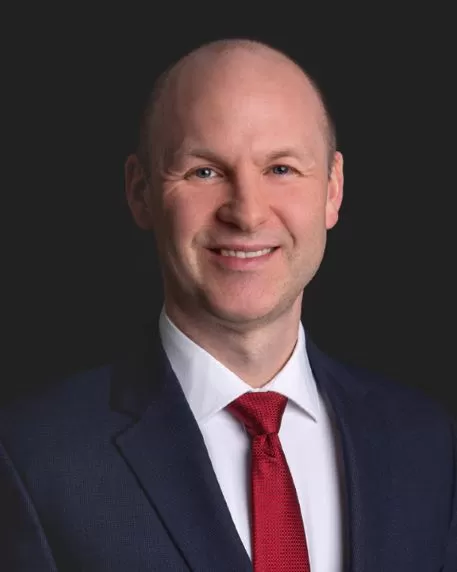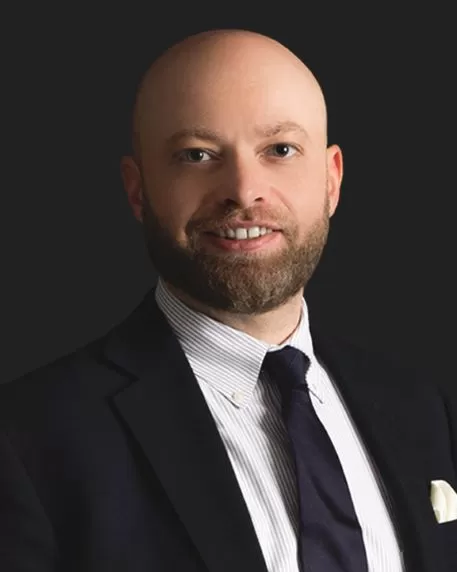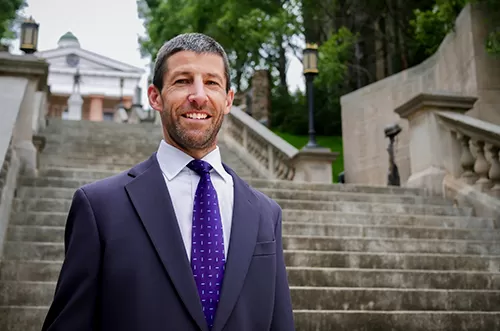Farias v. Strickland Waterproofing Co., 2022 U.S. Dist. LEXIS 63704 (W.D. Va. Apr. 5, 2022)
The Plaintiffs are residents of North Carolina that were employed by Strickland Waterproofing Company (“Strickland”) as construction workers at construction sites in and around Virginia. Strickland is a waterproofing company based in North Carolina that does work on construction sites in the Southeastern United States and substantial work in Virginia. Strickland had the Plaintiffs sign documents agreeing to be treated as independent contractors, but the Plaintiffs argued that they were actually employees as Strickland: (1) set their schedules, determining the days and hours they were needed on each worksite; (2) provided them with equipment and tools; (3) supervised them directly; (4) provided them their daily work assignments and supervised their day-to-day work; and (5) required them to “punch in” using Strickland’s application to record hours worked by Plaintiffs. Plaintiffs often worked more than 40 hours per week, but were not compensated at the time and a half overtime rate for their hours over 40 hours in any one workweek. Strickland also deducted 5% from Plaintiffs’ weekly pay, which was not for wage or withholding of taxes. Plaintiffs brought a putative collective and class action complaint against Strickland, alleging violations of the Fair Labor Standards Act (“FLSA”), the Virginia Overtime Wage Act (“VOWA”), and a Virginia statute prohibiting misclassification of workers (Va. Code § 40.1-28.7:7).
The Court granted the Plaintiffs motion for conditional certification of a collective action. The FLSA requires plaintiffs to a collective action to be ‘similarly situated’ and to affirmatively ‘opt-in’ by filing with the court written consent to join the action. Certification of a FLSA action requires: (1) a court determination that there is sufficient evidence to reasonably determine that the proposed class members are similarly situated and provide potential class members with initial notice of the action and the opportunity to ‘opt-in;’ and then (2) a later heightened fact specific standard to the ‘similarly situated’ analysis where the class proceeds to trial if ‘similarly situated’ or is decertified if the plaintiffs are not ‘similarly situated.’ The Court saw no reason as to why non-Virginia plaintiffs should be excluded entirely from the collective action, because they would not be eligible for certain damages that Virginia Plaintiffs would (VOWA claims), even though they too, like the Virginia Plaintiffs, would be eligible for FLSA damages.





